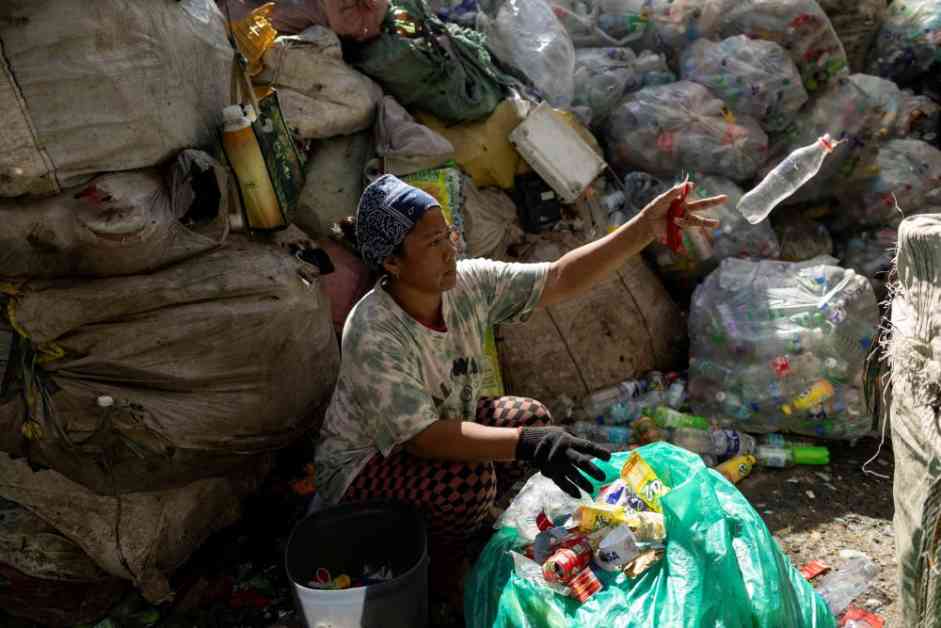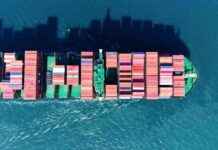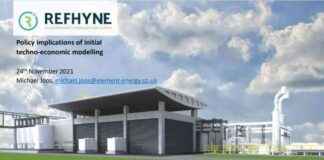Breaking Down the Barrier: Fossil Fuel Impact on UN Plastics Pact
Countries around the world were left in suspense as the Busan talks, which aimed to finalize a UN treaty to combat plastic pollution, came to an unexpected halt in the early hours of Monday. The discussions, shrouded in exhaustion and uncertainty, left diplomats and observers questioning the breakdown of negotiations and the looming challenges ahead.
A Tale of Two Narratives
Amidst the chaos, a clear narrative emerged, echoing sentiments from past climate negotiations: a vocal minority of petrostates, including Saudi Arabia, Russia, and Iran, thwarted efforts by a majority of countries to establish ambitious measures to end plastic pollution. Over 100 nations, spanning from Western states to African, Latin American, and Pacific nations, advocated for stringent policies to cap plastic manufacturing in a new UN accord, emphasizing the urgency to combat the environmental crisis.
Economic Interests vs. Environmental Concerns
However, a group of “Like-Minded” countries, driven by economic interests, opposed any restrictions on plastic production, citing concerns of economic disruption and trade limitations. This clash of priorities underscored the critical debate between curbing plastic manufacturing to combat pollution and preserving a vital economic sector reliant on fossil fuels.
Stalled Progress and Hope for a Resolution
As the talks concluded without an agreement, calls for more time to bridge critical divergences were echoed by Inger Andersen, the executive director of the UN Environment Programme. The path to reaching a consensus seemed uncertain, with challenges looming ahead in future negotiations.
While the road ahead remains fraught with obstacles, the global community must navigate the delicate balance between economic interests and environmental imperatives to secure a sustainable future. The fate of the UN Plastics Pact hangs in the balance, awaiting further deliberations and decisive action from world leaders.
As we reflect on the complexities of international negotiations and the pressing need to address plastic pollution, one cannot help but wonder: How can we prioritize the planet’s well-being without compromising economic stability? It’s a delicate dance that requires strategic collaboration and unwavering commitment from all stakeholders to pave the way for a cleaner, greener future.














